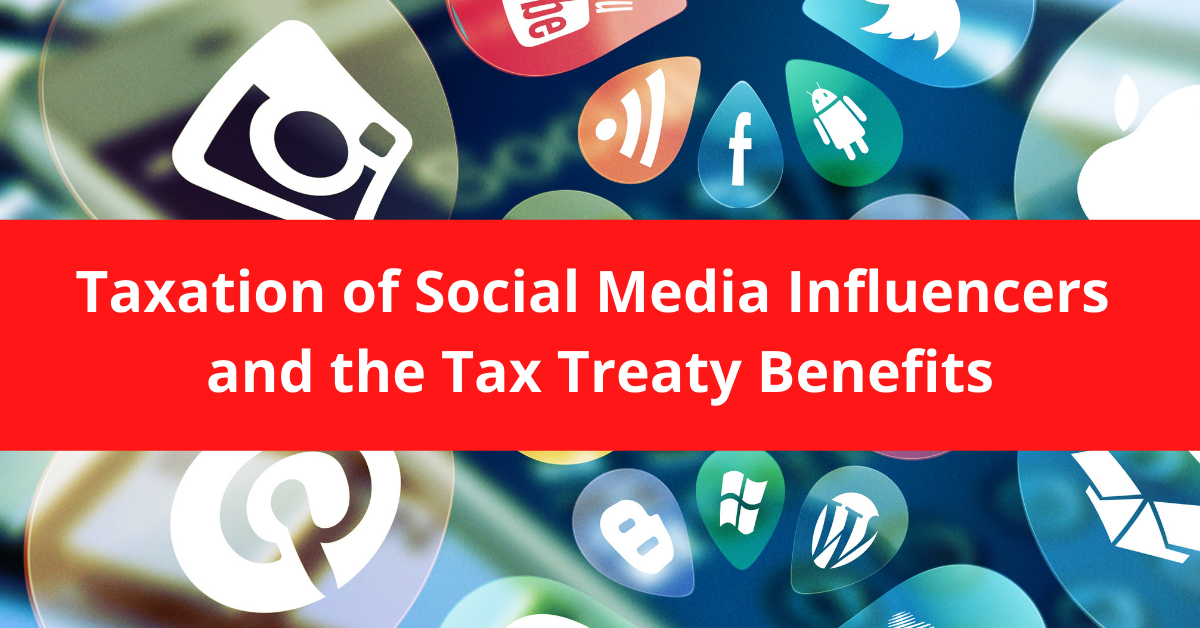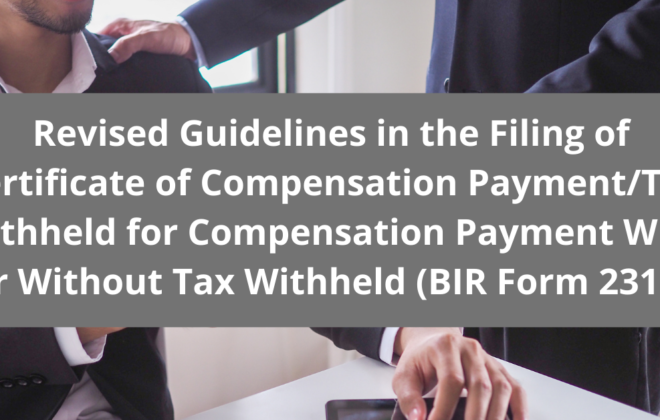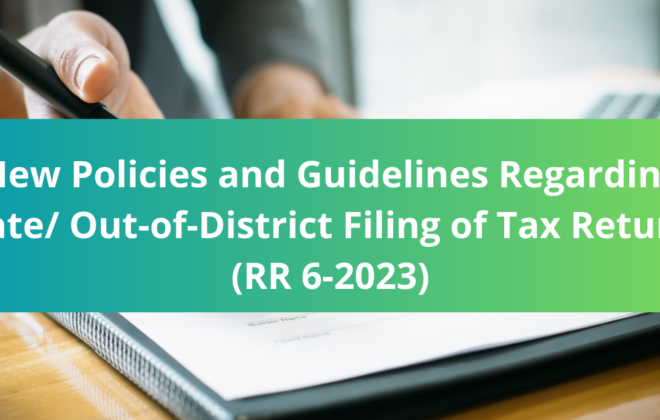Taxation of Social Media Influencers and the Tax Treaty Benefits
The extended lockdown brought about by the health crisis has made many Filipinos glued to their mobile phones and stay online to connect with their family and friends anywhere around the world. This gave a massive rise to the popularity of the use of social media platforms as it became a necessity whether for work, school, buying your essential needs, etc.
Today, social media is not just for personal use, but it is now a major channel for businesses as it paved the way for brands to advertise and market their products. It also opened opportunities and started the trend of employing unconventional endorsers such as social media influencers.
Social Media Influencers (SMIs)
Social media influencers are ordinary individuals who become “instant” celebrities by creating viral content published on the digital platforms.
When these social media celebrities have a considerable following, more and more companies collaborate with them to promote their brands and products on the influencer’s social media accounts.
Income Tax and Value-Added Tax or Percentage Tax
With the increasing demand for influencers to help companies on product awareness and digital marketing, the Bureau of Internal Revenue (BIR) issued RMC 97-2021 to provide guidelines concerning this new type of business engagement or profession.
The circular clarifies the taxation of any income earned by social media influencers. Under this circular, SMIs must pay Income Tax and either Value-Added Tax (VAT) or Percentage Tax unless the law provides an exemption.
Aside from paying the appropriate taxes, SMIs must also register their business, maintain books of accounts and file the corresponding tax returns.
Double-Taxation and the Tax Treaty Benefits
RMO 43-2020 states that tax treaties operate to avoid international juridical double taxation to encourage foreign investments.
International juridical double taxation is defined as the imposition of comparable taxes in two (or more) States on the same taxpayer regarding the same subject matter and for identical periods.
Given that most social media platforms are from foreign entities, their income (e.g. from Google or Facebook ads) might be subject to double taxation, thus, influencers must secure a Tax Residency Certificate (TRC) and show the document before the foreign tax authority to invoke the applicable provision/s of the tax treaty.
Exchange of Information
How are they going to find out how much I am earning? This is one of the most common questions in relation to this topic.
BIR has the power to obtain tax information from foreign tax authorities. The Exchange of Information provisions in the tax treaties would allow BIR to determine if SMIs declared their revenues correctly, including foreign-sourced gains of other taxpayers.
The bureau will rely on the data provided by the partner country to compute the influencer’s tax due. The BIR advises that social media influencers must voluntarily and truthfully declare their income and pay their taxes accordingly to avoid the penalties for non-compliance with taxes.
Penalties for Failure to File Return and Pay Taxes
Under Sections 254 and 255, concerning Section 248(8) of the NIRC, content creators who willfully attempt to evade payment of taxes or intentionally fail to make tax returns, supply accurate information, or pay tax shall be held criminally liable, in addition to payment of taxes and penalties.
Taxes for Compliance
We cannot escape from the prying eye of BIR. After all, they should implement the tax system for everyone, whether you are social media influencers, digital content creators, online sellers, or gamers.
Not to mention, it’s the right thing to do since paying taxes is part of our obligation.
————–
We understand that it may be overwhelming at first and many of the social media influencers do not know where to start.
Don’t worry! DJKA Business Services can make it easy for you. We provide end-to-end BIR registration services. We will also take care of your regular tax compliances so, that you can simply focus on what’s more important – creating your content.
Just email us at info@djkaaccounting.com for more details.
Related Posts
Recent Posts
- New Features and Functionalities of the Online Registration and Update System (ORUS)
- A Comprehensive Guide to Taxation for Freelancers in the Philippines
- New Tax Laws in 2024: What Changes Filipino Taxpayers Should Prepare For
- How to Avoid Common Tax Mistakes in 2024
- Tax Deductions and Benefits Often Overlooked by Filipino Taxpayers





